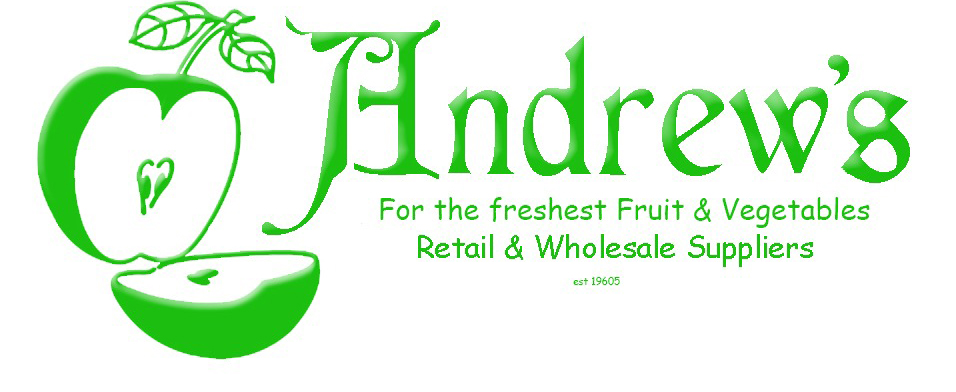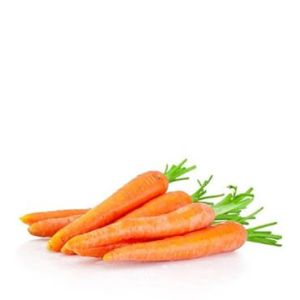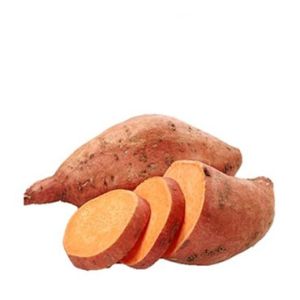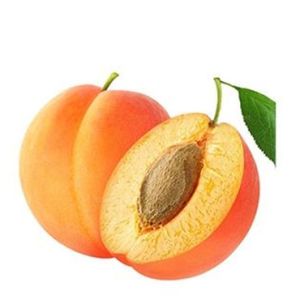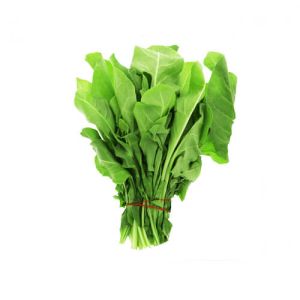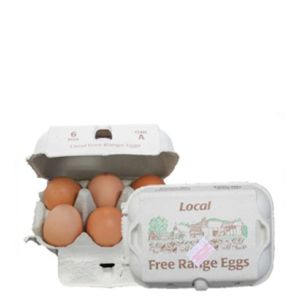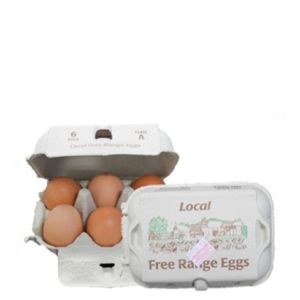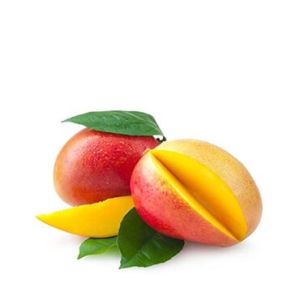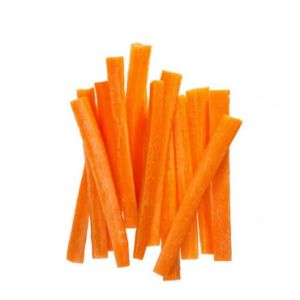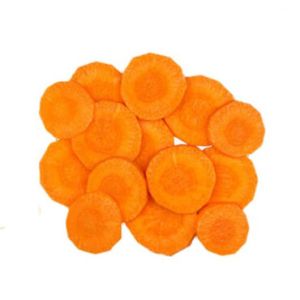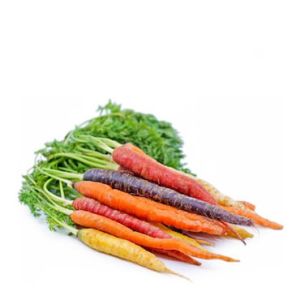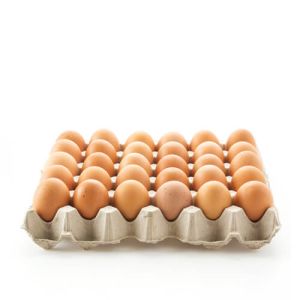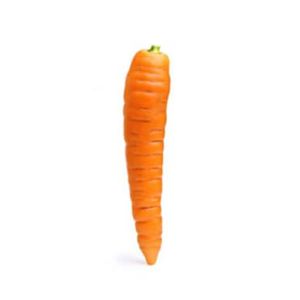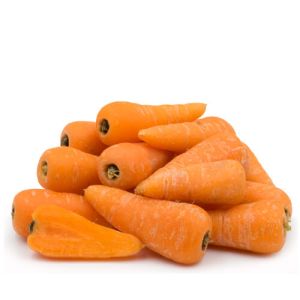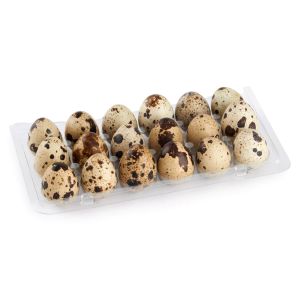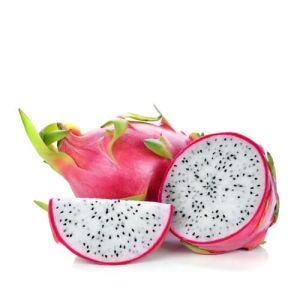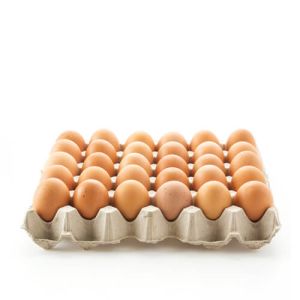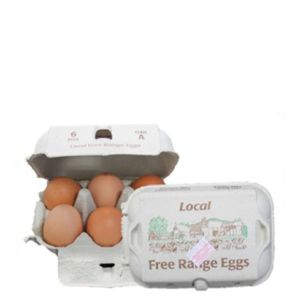What is Vitamin D?
Vitamin A, also known as retinol, has several important functions.
These include:
helping your body's natural defence against illness and infection (the immune system) work properly, helping vision in dim light, keeping skin and the lining of some parts of the body, such as the nose,
What produce is high in Vitamin D?
Healthy good sources of Vitamin A (retinol) include: cheese, eggs, oily fish. fortified low-fat spreads milk and yoghurt, liver and liver products such as liver pâté – this is a particularly rich source of vitamin A, so you may be at risk of having too much vitamin A if you have it more than once a week (if you're pregnant you should avoid eating liver or liver products).
You can also get vitamin A by including good sources of beta-carotene in your diet, as the body can convert this into retinol.
The main food sources of beta-carotene are:
yellow, red and green (leafy) vegetables, such as spinach, carrots, sweet potatoes and red peppers, yellow fruit, such as mango, papaya and apricots.
How much vitamin A do I need?
The total vitamin A content of a food is usually expressed as micrograms (µg) of retinol equivalents (RE).
The amount of vitamin A adults aged 19 to 64 need is:
700 µg a day for men
600 µg a day for women
You should be able to get all the vitamin A you need from your diet.
Any vitamin A your body does not need immediately is stored for future use. This means you do not need it every day.
What happens if I take too much vitamin A?
Some research suggests that having more than an average of 1.5 mg (1,500 µg) a day of vitamin A over many years may affect your bones, making them more likely to fracture when you're older.
This is particularly important for older people, especially women, who are already at increased risk of osteoporosis, a condition that weakens bones.
If you eat liver or liver pâté more than once a week, you may be getting too much vitamin A.
Many multivitamins contain vitamin A. Other supplements, such as fish liver oil, are also high in vitamin A.
If you take supplements containing vitamin A, make sure your daily intake from food and supplements does not exceed 1.5 mg (1,500 µg).
If you eat liver every week, do not take supplements that contain vitamin A.
If you're pregnant!
Having large amounts of vitamin A can harm your unborn baby.
So if you're pregnant or thinking about having a baby, do not eat liver or liver products, such as pâté, because these are very high in vitamin A.
Also avoid taking supplements that contain vitamin A. Speak to your GP or midwife if you would like more information.
What does the Department of Health and Social Care advise?
You should be able to get all the vitamin A you need by eating a varied and balanced diet.
If you take a supplement that contains vitamin A, do not take too much because this could be harmful.
Liver is a very rich source of vitamin A. Do not eat liver or liver products, such as pâté, more than once a week.
You should also be aware of how much vitamin A there is in any supplements you take.
If you're pregnant or thinking of having a baby: avoid taking supplements containing vitamin A, including fish liver oil, unless advised to by your GP.
Avoid liver or liver products, such as pâté, as these are very high in vitamin A.
Women who have been through Menopause & Older Men!
If you are a Women who have been through the menopause or an older man, who is more at risk of osteoporosis, you should avoid having more than 1.5mg of vitamin A a day from food and supplements.
This means: Not eating liver or liver products, such as pâté, more than once a week, or having smaller portions of these. Taking no more than 1.5mg of vitamin A a day in supplements (including fish liver oil) if you do not eat liver or liver products. Not taking any supplements containing vitamin A (including fish liver oil) if you eat liver once a week. Having an average of 1.5mg a day or less of vitamin A from diet and supplements combined is unlikely to cause any harm.
Information reviewed: 27th April 2023
